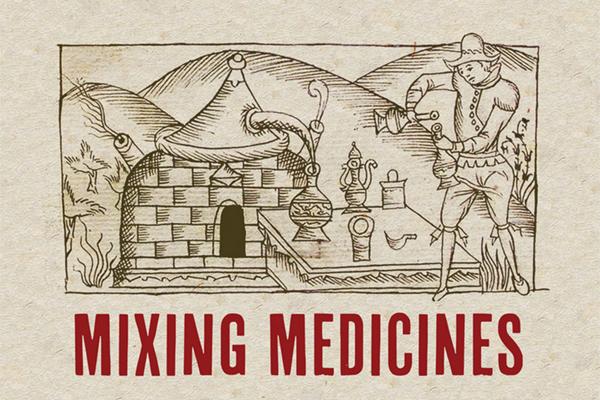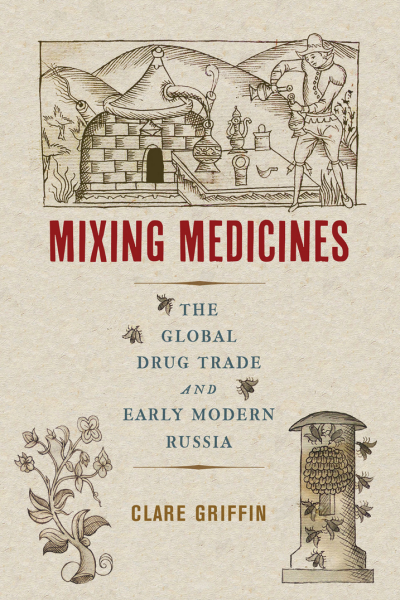
This is a University Libraries event.
In a conversation with author Clare Griffin, she will discuss her book, “Mixing Medicines: The Global Drug Trade and Early Modern Russian,” where she traces the trade routes of ingredients and medicines from around the world to Tsarist Russia.
Darra Goldstein, in their review in the Times Literary Supplement, remarks, "As Clare Griffin explains in her fascinating study of drugs in early modern Russian society, Russians were devoted to botanical medicine. ‘Mixing Medicines’ covers the years between 1534 and 1750 when the Apothecary Chancery (the palace medical department) served as the strict arbiter of Muscovy’s trade in drugs and their subsequent use. Based on a meticulous investigation of Chancery documents, Griffin explores how Muscovite cultural values and religious beliefs affected the use of drugs, revealing 'how local concerns patterned the global lives of things'. She further explores Russia’s role in the global drug trade, an involvement that has heretofore received scant attention."
This event is free and open to the public.

